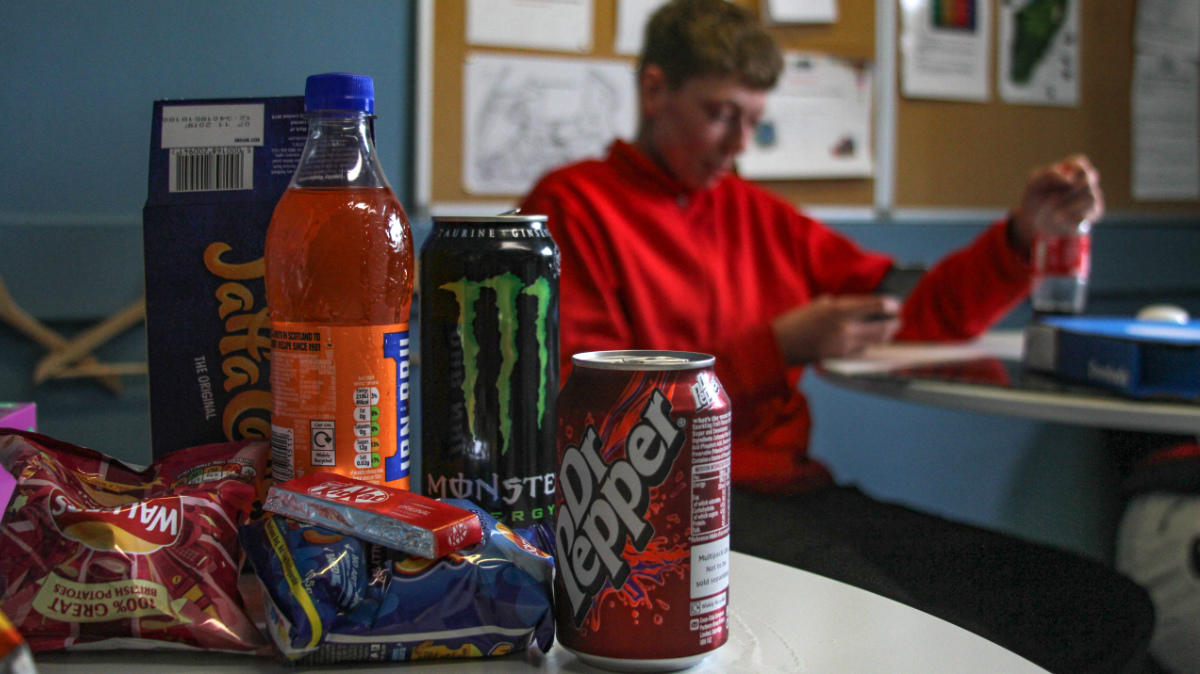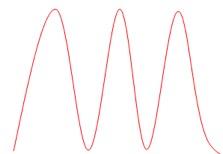- Homepage
- News and Features
- Your Health Matters: Is your morning routine junk?
Your Health Matters: Is your morning routine junk?

A greenkeeper’s day is a long and demanding one. The early starts and outdoor work demand plenty of strength and energy, while long hours make it hard to find time to prepare healthy foods. Fortunately, there are simple ways to make good food choices that can have a powerful effect on your day.
The importance of blood sugar balance
Steady energy levels and physical stamina are dependent on blood sugar balance. The sugar in your bloodstream comes from different types of carbohydrates. Refined carbohydrates like white bread, white rice, and white pasta break down quickly into sugar molecules, whereas complex carbs like brown pasta and wholemeal bread take much longer to break down.
Sugars from refined carbohydrates are rapidly absorbed into the bloodstream, causing a sugar spike and a burst of energy. Unfortunately, this spike is quickly followed by a sharp drop, and a craving for more sugar. Many people get through their day eating processed carbohydrates and pinging between spikes and drops like this:

These highs and lows produce unpleasant symptoms such as irritability, poor concentration, headaches, muscle aches, nausea, and fatigue.
On the other hand, complex carbohydrates found in wholemeal bread, brown pasta, brown rice, and root vegetables, behave differently. They breakdown at a much slower rate, providing a steady supply of sugar to the blood. The picture looks more like this:

No sharp peaks and drops, just gentle waves that fit in with the normal pattern of eating and feeling hungry a few hours later.
Combining protein and healthy fats alongside the carbohydrates helps this balance even more. When putting a meal together, think about using all three, and adding in some colourful vegetables and fruits for their vitamins and minerals.
There is a wealth of conflicting information when it comes to nutrition, but the basic principles remain the same: include protein, complex carbs and healthy fats with each meal; chew food thoroughly, and add colour and variety with different fruits and vegetables. With these tips you’ll feel energised and ready to tackle whatever the day has in store.
Simple ways to fuel your day
Breakfast
An early start often means it’s hard to eat before heading to work. So, your first tea break needs to really count nutrition-wise. Think about including:
- A handful of nuts and seeds with a piece of fresh fruit. Buy ready mixed packs of nuts and seeds or make your own mixture.
- Nut butter and banana in a wholemeal pitta. Opt for peanut, almond, or cashew nut butter for protein and healthy fats.
- Homemade smoothie: make enough smoothie for two days by blending 2 bananas with 2 tablespoons of nut butter and 500ml of milk. This will stay fresh in the fridge for up to three days.
- A couple of hard-boiled eggs. Boil six eggs at a time and keep them in the fridge for the week ahead.
Lunch
Packed lunches are great, but they do require a bit of forward planning! Try these shortcuts for simple balanced lunches:
- Make a large box of mixed salad to last two days: use ready prepared salad leaves, cherry tomatoes, sliced peppers, and a source of protein such as cooked meat, fish, prawns, houmous, or hard-boiled eggs. Dress with olive oil and lemon juice. Enjoy a wholemeal roll or oatcakes with this.
- If your workplace has a microwave, take leftovers or a carton of fresh soup to heat up.
- If you’re heading to a shop, opt for sandwiches made with wholemeal bread, salad boxes with a good protein source (meat, fish, prawns, mixed beans), or a baked potato with salad and tuna or cheese, beans and coleslaw.
Evening meal
After a long day at work it can be hard to feel inspired to cook. Easy evening meals include:
- Traybakes: chop (or buy ready-chopped) peppers, courgette, sweet potato, and carrot. Drizzle with olive oil and place in a roasting tray. Loosely wrap chicken or salmon fillets (buy frozen if that’s easier) in foil and place on top of the vegetables. Roast for 30mins at 200°C.
- Stir fry: purchase ready prepared bags of stir fry vegetables and add chicken, prawns, or tofu.
- Wholemeal pasta with pesto, salad and meat, fish or tofu.
- Remember to cook extra portions to either freeze or take as leftovers the next day.
Hydration
One of the best ways to stay energised is to drink plenty of water. There’s no hard and fast rule about how much water to drink as we each have individual needs. On average though, most adults function well on 1-1.5l water per day, not including tea and coffee. You will need more in hot weather.
Meal builder
| Complex carbohydrate | Protein | Healthy fats | Colourful vegetables |
|
Wholemeal versions of bread, pasta, rice Pasta Rice Root vegetables (carrots, parsnips, potato, sweet potato) |
Meat Fish (oily fish like salmon & mackerel also include healthy fats) Eggs Beans Tofu Nuts and seeds |
Use olive oil or rapeseed oil for dressings and light frying Use coconut oil for baking and roasting |
Aim to include at least five different coloured vegetables and two fruits per day |
Your energy fire
Imagine building a fire. You need kindling, larger sticks and big logs to make the fire ignite and burn for several hours. It’s the same with energy levels.
Carbohydrates are the kindling, burning quickly with a burst of energy.
Protein is like the larger stick; it slows down the rate at which carbs are burned and keeps energy steadier for longer.
Fats are the big logs; smouldering away, giving long-lasting energy and a good deal of stamina.
Continue the conversation: Sally Duffin is on Twitter at @nutritioninyork
Author

